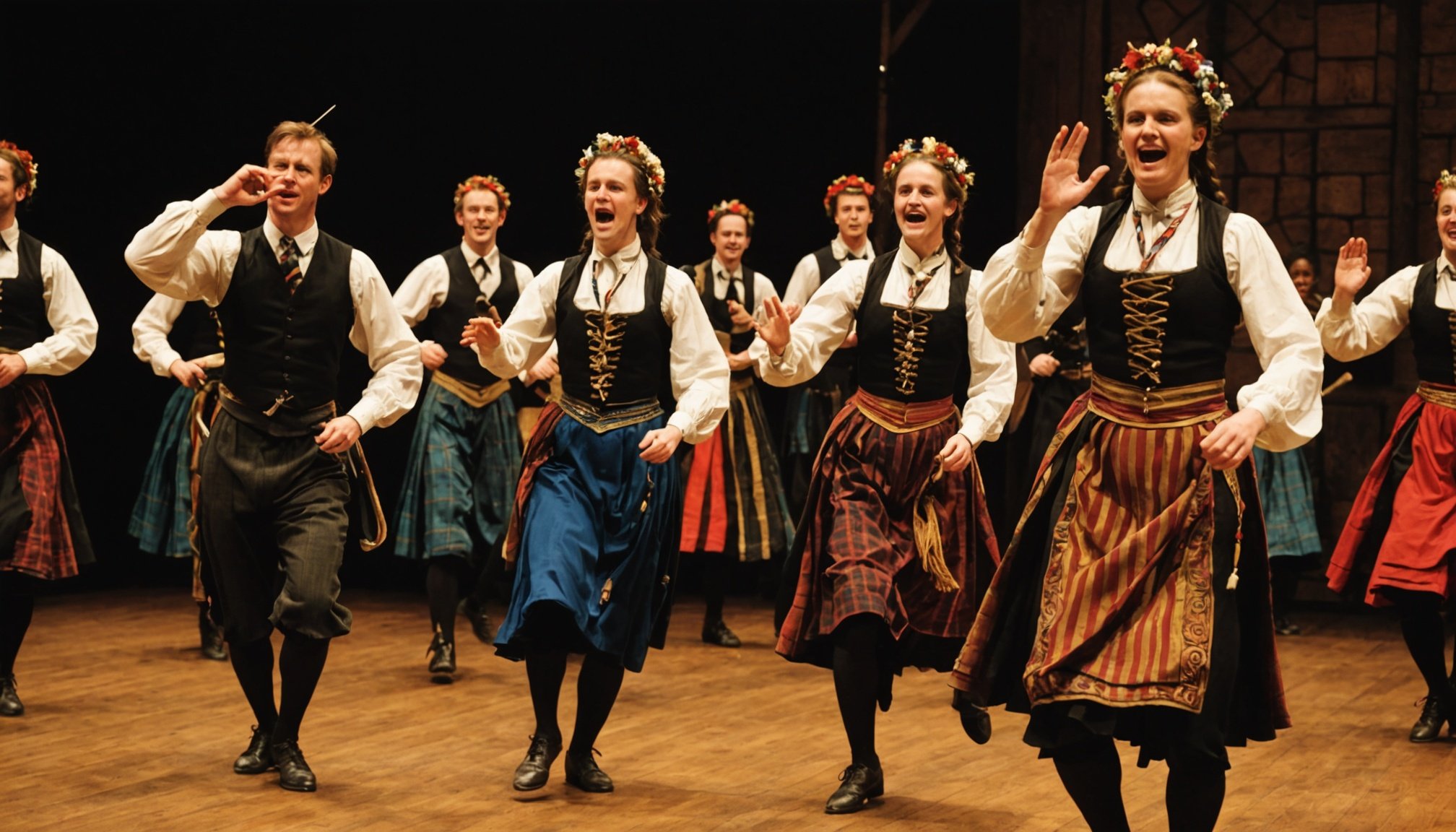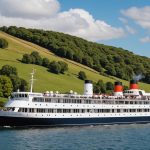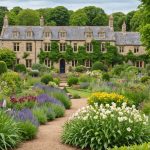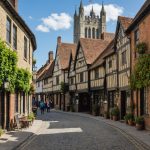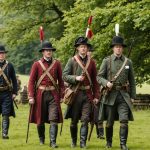The United Kingdom boasts a rich tapestry of traditional music and dance that reflects its diverse cultural heritage. From the evocative sounds of the bagpipes in the Scottish Highlands to the rhythmic beats of Morris dancing in England, there are myriad ways to immerse yourselves in the vibrant folk traditions of this nation. This article aims to guide you through the top recommendations for experiencing traditional music and dance in the UK, ensuring that your journey is not only enjoyable but also educational. You can explore festivals, local performances, and even workshops that bring these age-old traditions to life. Let’s dive in!
Explore Folk Festivals Across the UK
One of the most effective ways to experience traditional music and dance is by attending folk festivals scattered across the UK. These festivals celebrate cultural heritage and offer a platform for both established and emerging artists to perform. From the Celtic Connections in Glasgow, which is one of the largest winter music festivals in Europe, to the Shrewsbury Folk Festival, you’ll find a plethora of options that cater to a variety of musical tastes.
Also to read : How can you effectively navigate public transportation in London as a first-time visitor?
At these festivals, you can experience live performances featuring traditional instruments such as fiddles, accordions, and bodhráns. The atmosphere is often vibrant, with crowds dancing and celebrating the music together. Many festivals also host workshops where you can learn to play instruments or even take dance lessons, providing a hands-on experience of the culture.
Another notable mention is the Edinburgh Folk Festival, which takes place in the heart of Scotland’s capital. Here, you can witness not only music but also traditional Scottish dancing, often performed in stunning costumes. Attending these festivals allows you to connect with local communities, meet artists, and gain a deeper appreciation of the cultural significance behind each performance. With a mix of established acts and newcomers, folk festivals offer an unparalleled way to dive into the world of traditional music and dance.
Also read : Reliable Taxi Services in Gembloux for Hassle-Free Travel
Visit Local Pubs for Live Music and Dance Nights
For a more intimate experience of traditional music and dance, consider visiting local pubs known for hosting live performances. Many pubs, particularly in regions like Ireland and England, feature regular nights dedicated to folk music. These sessions typically involve local musicians coming together to share their talents in a relaxed environment, allowing you to enjoy the music while savoring a pint of local ale.
In places like Dingle, Ireland, traditional sessions are commonplace, where you can hear musicians play jigs and reels that have been passed down through generations. The friendly atmosphere fosters interaction, and you may even be encouraged to join in by dancing or clapping along to the rhythm.
In England, venues such as the Tavern in the Town in Liverpool often host ceilidh nights, where the music is paired with traditional group dances. This is an excellent opportunity for beginners, as experienced dancers will guide you through the steps. These evenings are not only about the music but also about community and bringing people together to celebrate their cultural heritage. Additionally, make sure to check local listings; many towns hold regular folk nights, providing a platform for local talent while keeping the traditions alive.
Engage with Workshops and Classes
If you wish to delve deeper into traditional music and dance, participating in workshops and classes can be immensely rewarding. Numerous institutions and organizations throughout the UK offer lessons in traditional instruments and dance styles, catering to all skill levels.
For musicians, consider attending a workshop at the Bristol Folk Festival, where you can learn to play instruments like the mandolin or tin whistle from experienced players. Engaging directly with the music not only enhances your understanding but also connects you with the community of folk enthusiasts.
Dance classes are equally enriching. Many places offer sessions focusing on specific dance styles such as Highland dancing or English country dancing. For instance, organizations like the Royal Scottish Country Dance Society provide classes across the country, allowing you to learn the intricacies of each dance while meeting fellow enthusiasts. These workshops create a supportive environment where participants can learn at their own pace, regardless of prior experience.
Moreover, many of these classes culminate in social dances, where you can practice your newly acquired skills in a lively setting. Engaging in these workshops and classes ensures that you not only witness traditional music and dance but actively participate, creating lasting memories and connections.
Discover Cultural Heritage Through Museums and Exhibitions
To gain a comprehensive understanding of traditional music and dance, visiting museums and exhibitions dedicated to cultural heritage is invaluable. In the UK, several institutions curate exhibits that spotlight the country’s rich traditions, often featuring interactive displays, artifacts, and multimedia presentations.
The British Museum, for instance, hosts various exhibitions that delve into the history of music and dance in the UK. Here, you can find instruments used throughout history, alongside information on their cultural significance. Similarly, the National Museum of Scotland features sections dedicated to Scottish music and dance, showcasing the evolution of these arts through the ages.
Moreover, many local museums across the UK host events that coincide with traditional celebrations, offering performances that highlight regional music and dance. These educational experiences are not only informative but also provide context to the traditions you may encounter at festivals or live performances. You’ll learn about the stories and histories behind the music, enriching your appreciation for what you see and hear.
Additionally, consider exploring online resources and virtual exhibitions offered by many museums. During periods when travel may be limited, these digital experiences can serve as a valuable introduction to the themes surrounding traditional music and dance, paving the way for future in-person exploration.
Experiencing traditional music and dance in the UK is a journey filled with discovery and connection. By immersing yourselves in folk festivals, local pub sessions, workshops, and cultural exhibitions, you can gain a deeper appreciation for the rich traditions that define the nation’s heritage. Each experience offers a unique perspective that enhances your understanding and enjoyment of these vibrant art forms.
As you embark on this journey, remember that traditional music and dance are not just performances; they are living expressions of culture that bring communities together. Whether you are dancing at a ceilidh, learning to play a new instrument, or simply enjoying the lively tunes in a cozy pub, each moment contributes to the ongoing story of the UK’s folk traditions. So, gather your friends, embrace the rhythm, and make the most of what traditional music and dance have to offer.

